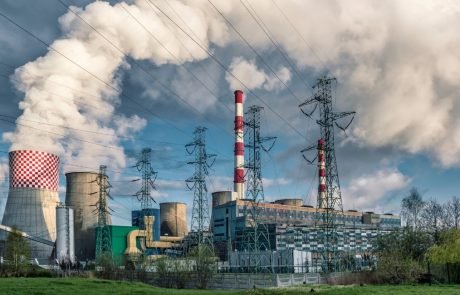Carbon taxes not sufficient to meet the targets set out by the Paris Agreement, according to a new study published on 4 September in the journal Joule (1). Putting a
All posts in Energy
A new analysis published on 11 July in Nature Energy reveals increasing ‘energy cost’ associated with fossil fuels, which means renewables may be quickly catching up (1). The authors suggest
Power plants, boilers, furnaces, vehicles, and other existing energy infrastructure must be retired to meet the 1.5-degree-Celcius target set out in the Paris agreement and stabilise the climate; however, the
Part Two: Can technological progress break the deadlock by 2040? “Incremental” improvements or breakthrough innovations? The question that arises is: “Can battery technology be advanced to address its current
Climate change will likely increase future global energy demand, according to a new paper published on 24 June in Nature Communications (1). The authors predict climate change will increase global
This article is the first part of a three-part piece that will provide an in-depth analysis of the ban on the use of combustion engines. Introduction On 12
In a new paper published on 3 June in the Proceedings of the National Academy of Sciences, Patterson and colleagues propose a novel way of potentially recycling atmospheric carbon dioxide
Carbon dioxide (CO2) could be a better hydraulic fracturing fluid than water, according to a new paper published on 30 May in the peer-reviewed journal Joule (1). And could pave
To meet the increasing demand for better and superfast computing power, researchers have developed a novel approach that uses light pulses instead of electricity to dramatically boosts computer processing speeds.
What geopolitical implications could arise from transitioning to a low-carbon world? A new commentary published on 1 May in Nature examines four possible scenarios, which they refer to as ‘Four









